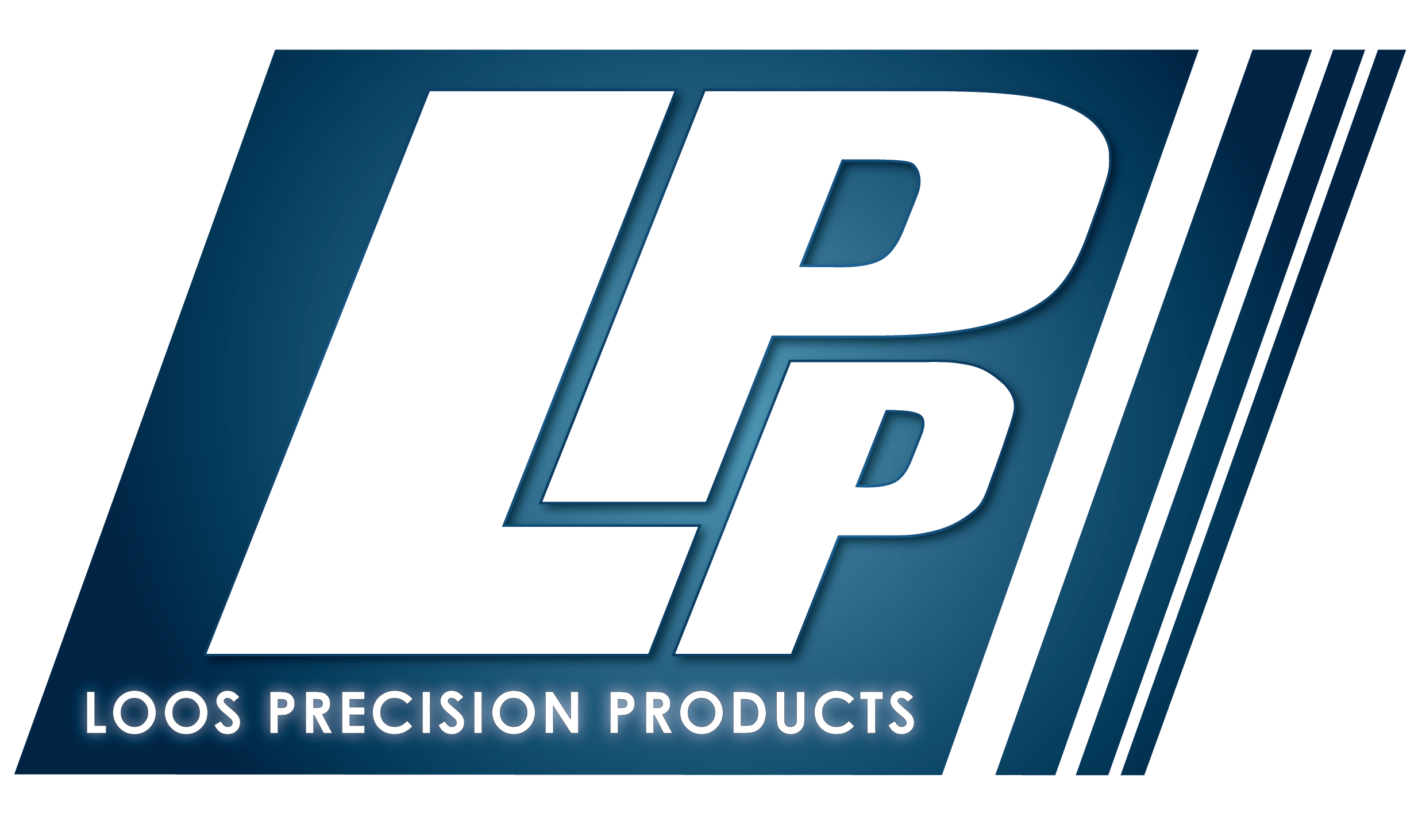
HEAT TREATMENT
With precision machining, metals can be altered in the way they perform and react to processes. Every individual part has physical properties that must be determined as a crucial aspect of the designing and engineering process, in addition to choosing the best metal that will meet the necessary requirements. Physical properties can be improved by having metal alloys heat-treated at the start of or after machining. The strength, machinability, and hardness of the metal can be increased through heating treatments.
Heat treatments work in two ways: they make a material more workable before machining or they improve the characteristics of the material once the machining has reached its completion. Heat treating materials allows for greater ductility, toughness, hardness, and other characteristics. There are a few very common heat treatments and they include annealing, hardening, and stress relieving. Annealing is most often used with metal alloys in an effort to increase ductility. This makes the material less likely to degrade at the time of machining. Hardening boosts the exterior hardness of carbon or alloy steel without affecting its interior. CNC machines have the capacity to create stress within parts of material which could have an effect on quality. Stress relieving heats to high temperatures and then cools down slowly. This process is different from annealing because it is applied subsequent to the machining process. This allows for the removal of any lingering stresses.
The process is able to improve the properties of metal parts materials and the team at LPP is skilled in knowing the best heat treatment process for your distinct application so you don’t have to perform any research. Leave it up to us to handle the follow-through.
When you have a very specific need, Loos Precision Products can deliver. Please contact us today for a quote, to submit a project, or with a general inquiry.

